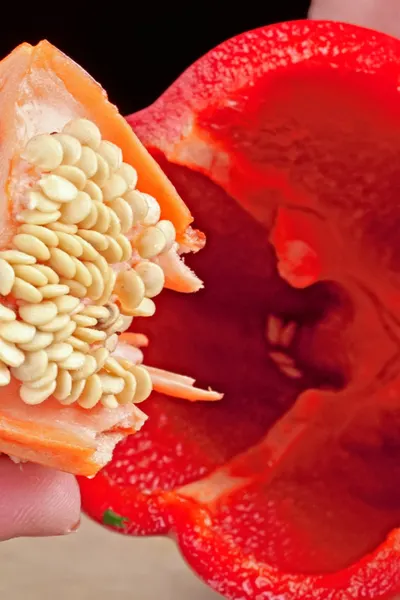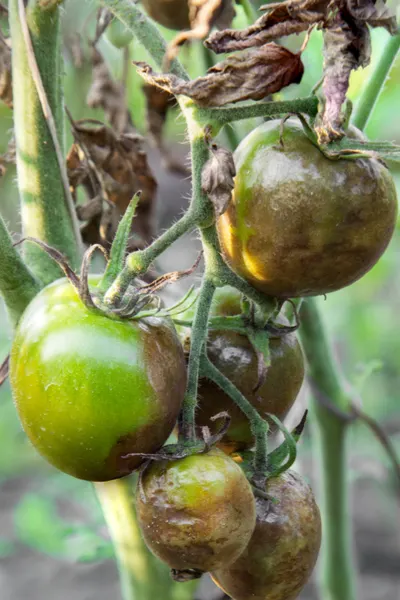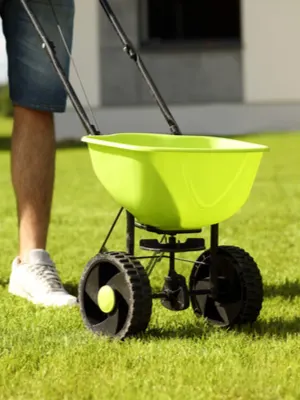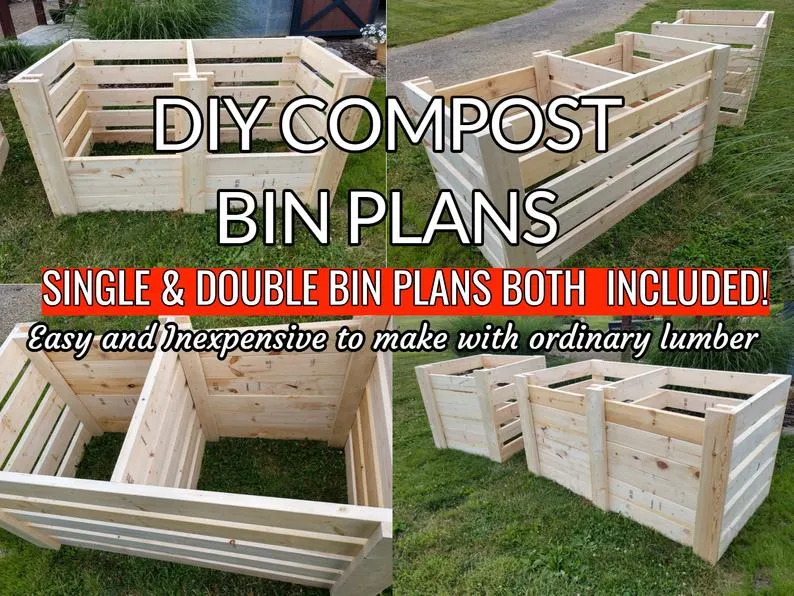When it comes to making great compost and having a great compost pile, it all boils down to what materials you put into your compost pile. And more importantly, which ones you don’t!
Although everything eventually decomposes, some materials simply aren’t a good choice for backyard compost bins.
Many can slow the decomposition process down, while others attract rodents, raccoons and other unwanted pests.

And if that wasn’t enough, some can even infect the pile and aid in spreading disease throughout your garden and landscape.
But by simply avoiding placing some of these “trouble-causing” materials in your compost bins, you can keep your pile healthy and thriving.
5 Things You Should Never Put In Your Compost Pile
#1 Seed Cores Of Vegetables
Before placing your vegetable scraps into the compost heap, take a few seconds to remove their seed cores.

If not, those hundreds of seeds attached to the core are sure to become next year’s sprouting weeds.
Although it is nearly impossible to remove every single seed from a vegetable, by simply removing the seed core portion, you will greatly reduce future seedlings popping up wherever your compost is used.
#2 Tomato Plants & Foliage
Although most garden foliage and plants are great to add to your pile, tomatoes are one to avoid.
Tomato plants are the most widely grown of all backyard vegetable garden plants. And they are also one of the most easily diseased.

Whether it’s blight, mildew or a host of other issues, they can easily transmit disease throughout a compost pile.
Most backyard compost piles never reach a high enough temperature to kill pathogens and spores.
And with that in mind, it is always a good idea to keep your tomato plants out of the compost bin!
#3 Fat / Grease / Oil
Adding fat, or greasy foods with heavy cooking oil to a pile is like putting a welcome mat out for pests.
Raccoon, mice, and yes, even rats are easily attracted to piles that are greasy and fatty.
In addition, all of that fat and grease can cause extremely foul odors. All while slowing your pile’s decomposition to a crawl as well.
#4 Meats
Along the same lines as fat, grease and oil, meats are a big no-no for composting.
Just like the grease and oil, they are a major attraction for pests. And if you have ever smelled rotting meat, you know what type of odor issues it can cause!
#5 Treated Lawn Clippings
If you put weed, feed and fertilizer on your lawn, be sure to keep those lawn clippings out of the pile.
The chemicals and herbicides found in lawn fertilizers can easily be passed on throughout an entire compost pile.

And when that finished compost is then placed around tender vegetable and flower plants, it can have unfortunate results.
For more composting tips, be sure to read : How To Create The Perfect Summer Compost Pile.
Here is to keeping your compost pile healthy and thriving!

This Is My Garden is a website dedicated to spreading the love and knowledge of gardening around the world. We publish two new garden articles each week. This article may contain affiliate links.

